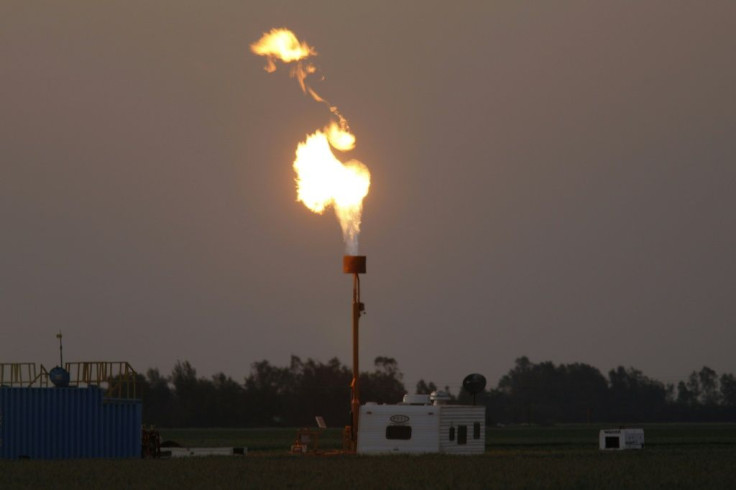US rolls back regulations on industrial methane leaks

The US Environmental Protection Agency announced Thursday plans to roll back regulations that limit leaks of potent greenhouse gas methane from pipelines and wells, even as some industry players opposed the move.
It is the latest in President Donald Trump's long battle against environmental protection rules, coming weeks after his administration made fundamental changes to a widely popular wildlife protection law and re-authorized the use of "cyanide bombs" to kill animals that prey on livestock.
"EPA's proposal delivers on President Trump's executive order and removes unnecessary and duplicative regulatory burdens from the oil and gas industry," said the agency's head, Andrew Wheeler, a former fossil fuel lobbyist.
"The Trump Administration recognizes that methane is valuable, and the industry has an incentive to minimize leaks and maximize its use," he added.
The rules would likely go into effect next year after a non-binding public comment period.
The EPA said the proposed amendments would save the oil and natural gas industry $17-$19 million a year, for a total of $97-$123 million from 2019 through 2025.
But oil giants, including BP, ExxonMobil, and Royal Dutch Shell, called for the current rules, introduced by Trump's predecessor, former president Barack Obama, to be maintained.
Shell has pledged to reduce its methane leaks to less than 0.2 percent by 2025, its US president, Gretchen Watkins, said in a statement shared with media on Thursday.
"Despite the administration's proposal to no longer regulate methane, Shell's US assets will continue to contribute to that global target," she said.
Asked about this opposition from the very sector the regulation was supposed to be benefiting, EPA official Anne Idsal said: "They're not the only ones within that particular space. You've got small and midsize companies as well.
"We don't preclude anybody from going above and beyond," she said.
Like carbon dioxide, methane is a greenhouse gas that contributes to global climate change.
But its potency in trapping heat is about 84–87 times greater than carbon dioxide over a 20-year-period, falling to 28–36 times greater over 100 years, according to United Nations figures.
© Copyright AFP 2024. All rights reserved.





















